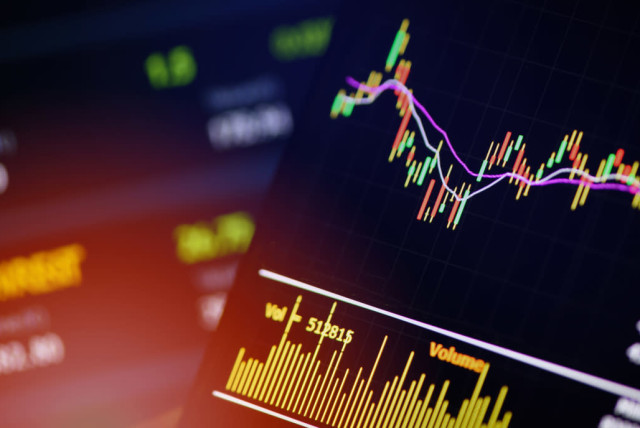Forex trading has inherent dangers, which is one of the reasons why money management is so crucial in trading.
Aside from expertise, money management is a valuable tool that every trader should possess.
Have you ever been greedy and lost a trade?
It’s probably due to bad financial management.
What is the significance of money management?
I’ll explain what money management is all about in this essay.
What Is Money Management and How Does It Work?
When a trader makes a trade, there is a chance of gaining or losing money.
This is why many traders attempt to mitigate these risks through appropriate risk management.
Money management refers to the steps taken by a trader to protect his position in the financial market against excessive risks.
It entails correctly identifying and analyzing the market before putting transactions in it.
It is the money management in trading.
Before making a trade, this money management involves setting specific conditions in place.
These conditions aid traders in reducing risk.
The forex market is teeming with traders looking to make the most money in the simplest method possible.
This group of traders is more likely to incur a high level of risk in order to achieve their goal.
They eventually lose all of their trades, as well as their trading capital.
Beginner traders are disproportionately affected by this act.
This is why appropriate management is always emphasized by a competent trader.
The most important aspect of money management is that it aids in the prevention of excessive losses.
Money Management in Forex: Three Strategies to Use
Risk management must incorporate the following elements:
Choosing the Correct Leverage
Traders who use leverage trade with sums greater than their real trading amount.
As a result, a high leverage value exposes a trade to a greater chance of losing money.
Many traders take the risk of utilizing extremely high leverage in order to increase their chances of making larger profits.
When it comes to trading, a solid money management strategy should include using low leverage.
Choosing the Correct Risk for Each Trade
This has something to do with leverage. Some traders are greedy and risk all of their money on a single trade.
Regardless of how certain an analysis is, you should never risk all of your trading capital on a single trade.
A solid money management strategy will also always include taking the appropriate risk per trade.
Trading With A Stop-Loss Level
Stop-loss levels are tough for many traders to employ.
Using appropriate stop-loss settings on trades is always part of a sound money management strategy.
Stop-loss levels aid traders in reducing risk.
A good stop-loss level also aids a trader in limiting his or her loss when a trade goes against his or her analysis.
Furthermore, knowing the notion of trading psychology is another risk control strategy.
While trading, some traders allow their emotions to control them.
Some traders try to trade with big lot sizes.
This is one of the primary reasons why many traders seek retribution after losing a trade.
Traders should also think about the risk-to-reward ratio before making a trade.
Finally, good money management requires a continuous following of financial news from around the world.
The fundamental analysis in trading is the subject of this topic.
Most Commonly Asked Questions (FAQs).
What is the best way to handle an FX trading account?
Forex trading entails a certain amount of risk.
However, there are some things a trader may do to keep from losing too much money.
Money management entails the right use of leverages, risk-to-reward ratios, risk per transaction, and other factors.
In Forex Trading, What Is Money Management?
Money management enables traders to keep track of their trading balance by employing a variety of actions and instructions when executing deals.
SUMMARY.
When placing trades, money management assists traders in keeping track of their trading balance.
It also refers to the actions and instructions that assist a trader in avoiding a loss in the currency market.
The following are examples of good money management:
- Using a risk-to-reward ratio that is favorable.
- Excessive leverage should be avoided.
- Getting a firm grasp on the concept of trading psychology.
- Using a risk level that is appropriate for each deal.
- Finally, many traders lose the majority or all of their trading balance due to poor money management.
Here’s a thorough breakdown of what money management in FX entails.
Was this article beneficial to you?
Please leave a remark and tell your friends about it.

























